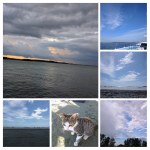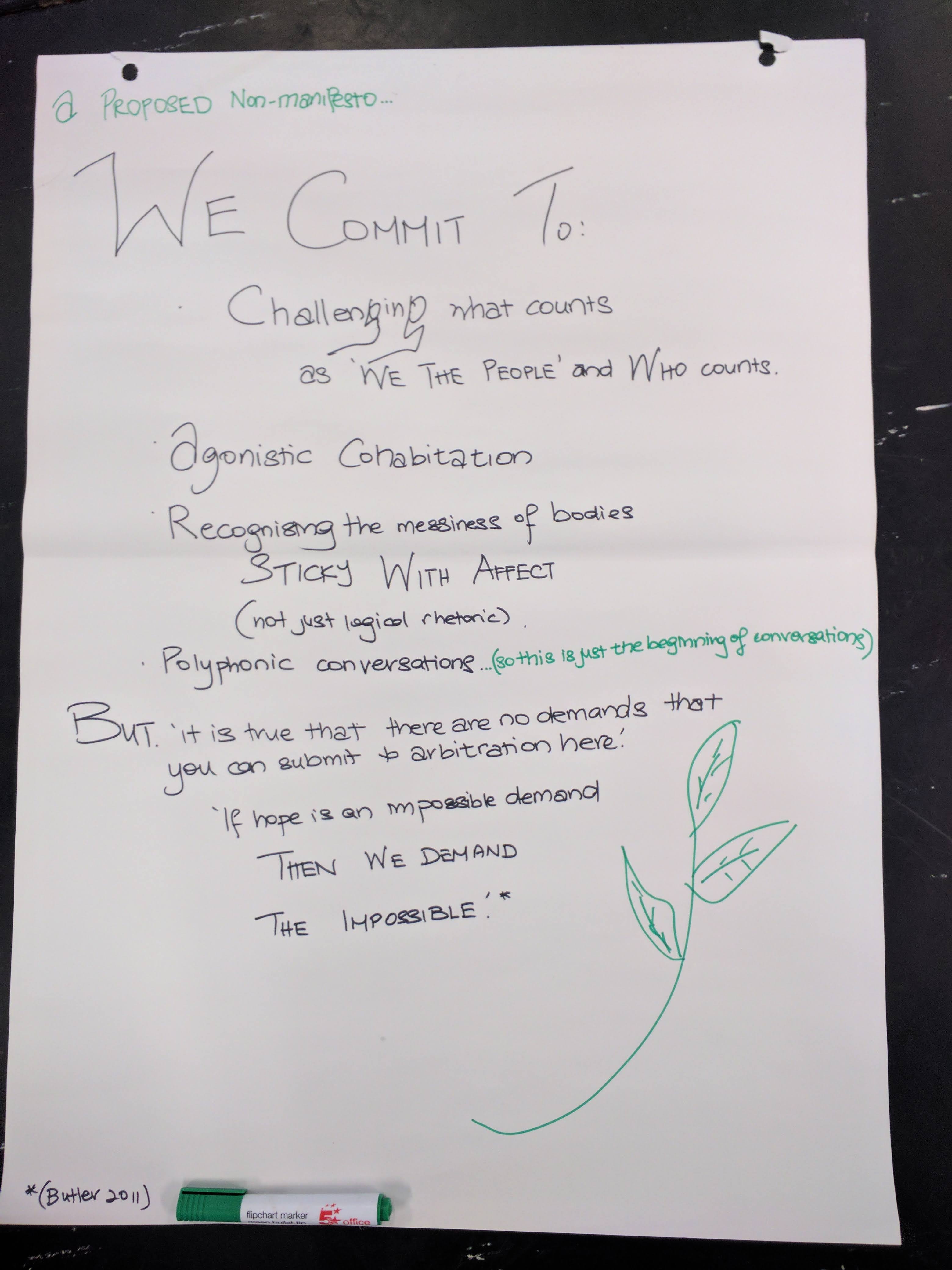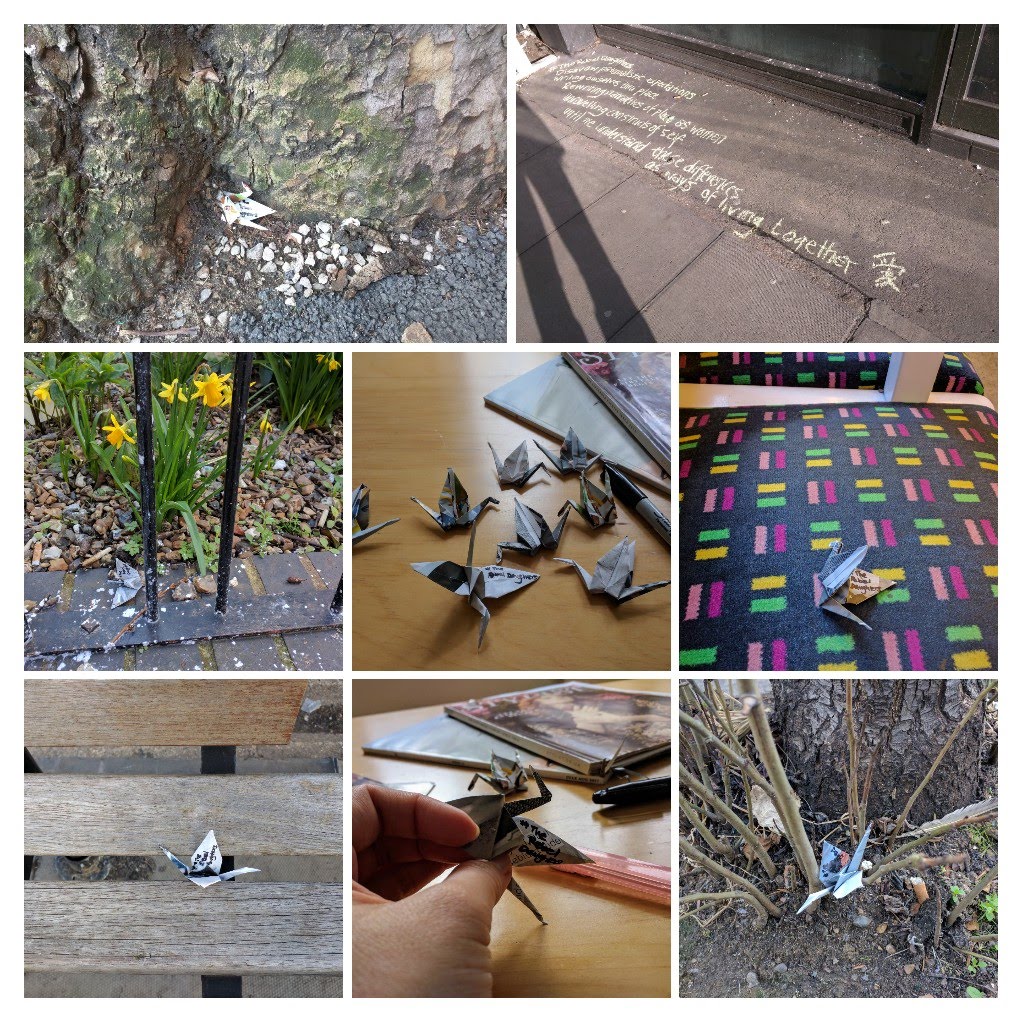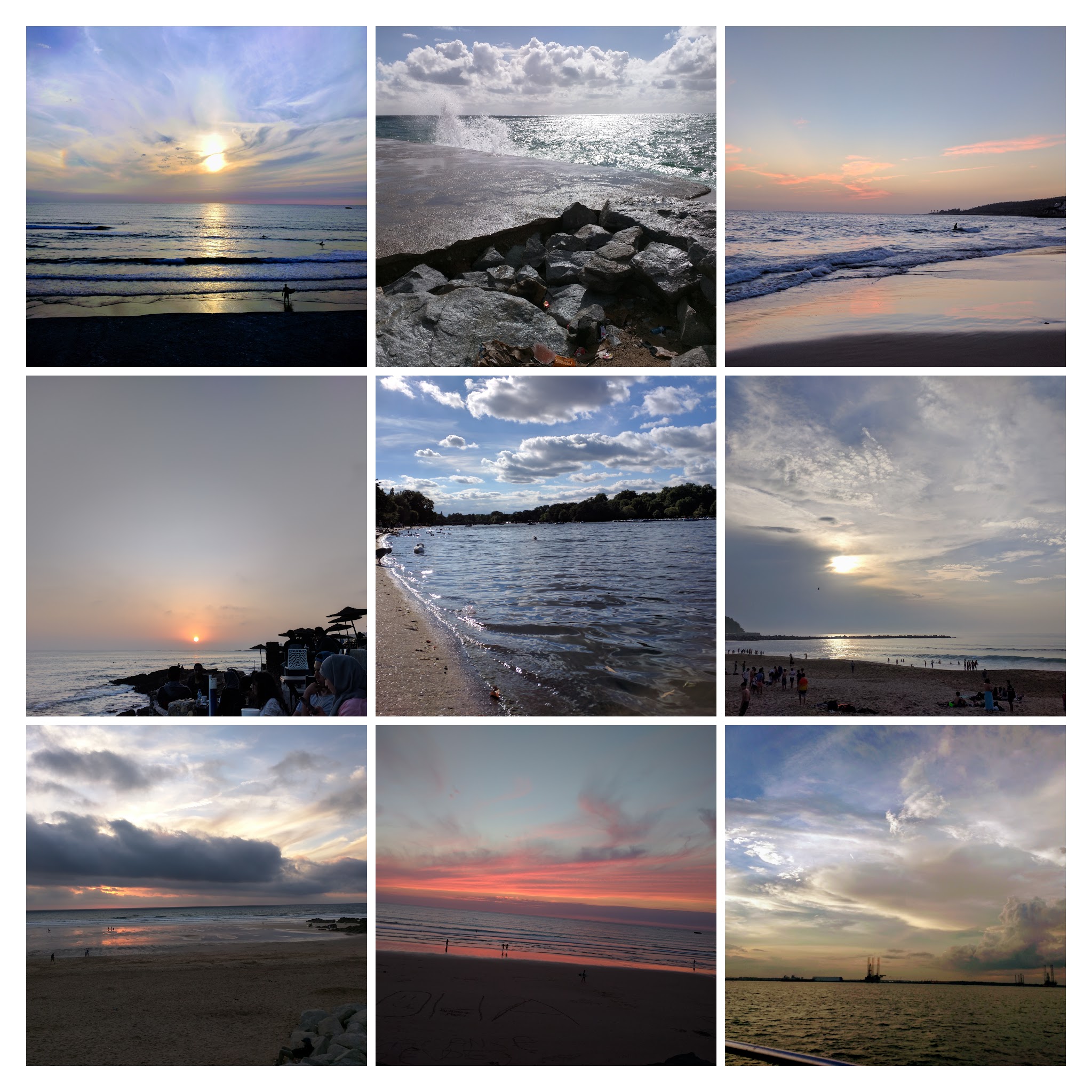Panel on ECR Precarity – a virtual bubble bath with Dr Simon Dodi, Dr Tia-Monique Uzor and Dr Adelina Ong. 24 June 2022, 4.15 – 5.15pm, on Zoom

Borrowing from Isabell Lorey, ‘The common is nothing we can come back to’ (Lorey in Puar et al. 2012: 172). Precarity is not a common state of being that we can call upon for solidarity.
As soon as we finish the PhD it begins to tear us apart as we begin to view each other as competitors.
I am also your TAPRA ECR rep…so one ECR told me they had begun to resent people who got jobs for positions they never even applied for.
In the end, the neoliberal university and academic publishing industry extracts value from us at ever lower rates of remuneration, with ever-increasing expectations. Most of the time we are expected to do a lot of the work for free (as academic contributions to the community). University tuition fees increase but VLs (Visiting Lecturers on zero hour contracts) don’t get paid more. Academic publishers sell the books at hundreds of pounds for a copy. Did you know that during the pandemic, the 2nd edition of the Applied Theatre Reader was sold at
Single user – £480.00 this means only one person can access at any one time
Three user – £600.00 this means only three people can access at any one time
No more. Let’s build a new world together
Before the pandemic, I was focused on applying for postdocs. In the 4 years since graduating in 2018, I’ve applied for 6 postdocs and I have been rejected for all of them. My school’s grant advisor had said I’ve applied for everything that I’m eligible for as an international ECR and there is nothing else that I can apply for. But I’ve never ever been successful with scholarship applications and I self-funded my MA (using my savings after working full-time for 8 years) and then my PhD. At one point, I ate chips left behind by a stranger for my conference dinner…But being rejected for funding towards education/career opportunities is nothing new.
I’ve always been sceptical about full time academia but I decided to apply for this full-time fixed term position in the early days of the pandemic because I felt it would be the best way to support young people here given my skills. A colleague was going on research leave and I was familiar with the work, so I applied and got the job in July 2020.
The so-called New Normal of ECR precarity is really the Old Normal on steroids:
- I came to the UK as an international student. When I graduated with my PhD in 2018 into Theresa May’s hostile environment international students like me only had one year under the old Doctoral Extension Scheme. I couldn’t get past the second click on forms that asked for you to indicate leave to remain. HR departments ignored email queries and phone calls. I was told that entry level lecturers don’t get paid enough to receive a Tier 2 visa. I hear now that there’s a Graduate Visa and PhDs get up to 3 years. That is certainly a step in the right direction and I’m hopeful.
- More recently I’ve seen fractional fixed term contracts. The worst was 0.3 for a term. Are permanent full-time entry level lecturer positions a thing of the past now?
- I was in the middle of my 7th application for the AHRC ECR fellowship (now known as the Research, Development and Engagement Fellowship, ECR route) but was told 1.5 years into the process that the terms of eligibility have changed. The contract I’m on must extend beyond the duration of the research proposed, so if you’re proposing something that will take 3 years of research, your contract at the University must endure beyond the three years proposed. Apparently, AHRC is trying to encourage long term contracts for ECRs. I am sceptical…who will actually apply for this grant? Permanent, full-time lecturers who have published 2 books within 8 years but still get to call themselves ECRs? (AHRC grants ECRs up to 8 years, post-PhD)
I understand that many people want a return to normal. Many have applied for jobs and postdocs and are still getting rejections. If full-time academia is the path that will connect what you love with what you’re good at, what the world needs and what you can get paid for: then don’t stop, keep applying. But if we accept that this precarity is the old normal for full time academia (and is becoming increasingly more so) then why should I be afraid of the precarity of being an independent researcher, trying to set-up my own social enterprise?
- Through these rejections I’ve made connections with partners who believe in the work and projects that give me the opportunity to co-facilitate with young people from low income families.
- I’ve also had amazing conversations with established women researchers that I really admire about what path they took in developing their careers as researchers, and what might work today.
- Through these conversations I’ve come to realise that creating a social enterprise based in Singapore that enables me to return to what I love – (direct work) co-facilitating applied performance workshops with the young people from low-income families that I once taught in Singapore. They’ve grown up now and are now trying to make a living in the arts. I’ve come to realise that running a social enterprise is the best path for development for me now as an independent early career researcher
There is no going back to normal for me
There are exciting developments in online learning within web 3.0 n the metaverse that I’m excited about because it opens up possibilities for independent researchers like me. Here are some articles if you’re interested:
Hamburg, S. (2022) A Guide to DeSci, the Latest Web3 Movement, Future, https://future.com/what-is-decentralized-science-aka-desci/ (Accessed: 22 June 2022).
Schecter, B. (2021) The Future of Work is Not Corporate — It’s DAOs and Crypto Networks, Future, https://future.com/the-future-of-work-daos-crypto-networks/ (Accessed: 22 June 2022).
I’m going to end with this quote from Arundhati Roy:
Nothing could be worse than a return to normality. Historically, pandemics have forced humans to break with the past and imagine their world anew. This one is no different. It is a portal, a gateway between one world and the next. We can choose to walk through it, dragging the carcasses of our prejudice and hatred, our avarice, our data banks and dead ideas, our dead rivers and smoky skies behind us. Or we can walk through lightly, with little luggage, ready to imagine another world. And ready to fight for it. (Roy 2020)
References:
Hamburg, S. (2022) A Guide to DeSci, the Latest Web3 Movement, Future, https://future.com/what-is-decentralized-science-aka-desci/ (Accessed: 22 June 2022).
Puar, J. et al. (2012) ‘Precarity Talk: A Virtual Roundtable with Lauren Berlant, Judith Butler, Bojana Cvejić, Isabell Lorey, Jasbir Puar, and Ana Vujanović’, TDR/The Drama Review, 56(4), pp. 163–177.
Roy, A. (2020) ‘The pandemic is a portal’, The Financial Times, https://www.ft.com/content/10d8f5e8-74eb-11ea-95fe-fcd274e920ca (Accessed 22.06.22)
Schecter, B. (2021) The Future of Work is Not Corporate — It’s DAOs and Crypto Networks, Future, https://future.com/the-future-of-work-daos-crypto-networks/ (Accessed: 22 June 2022).

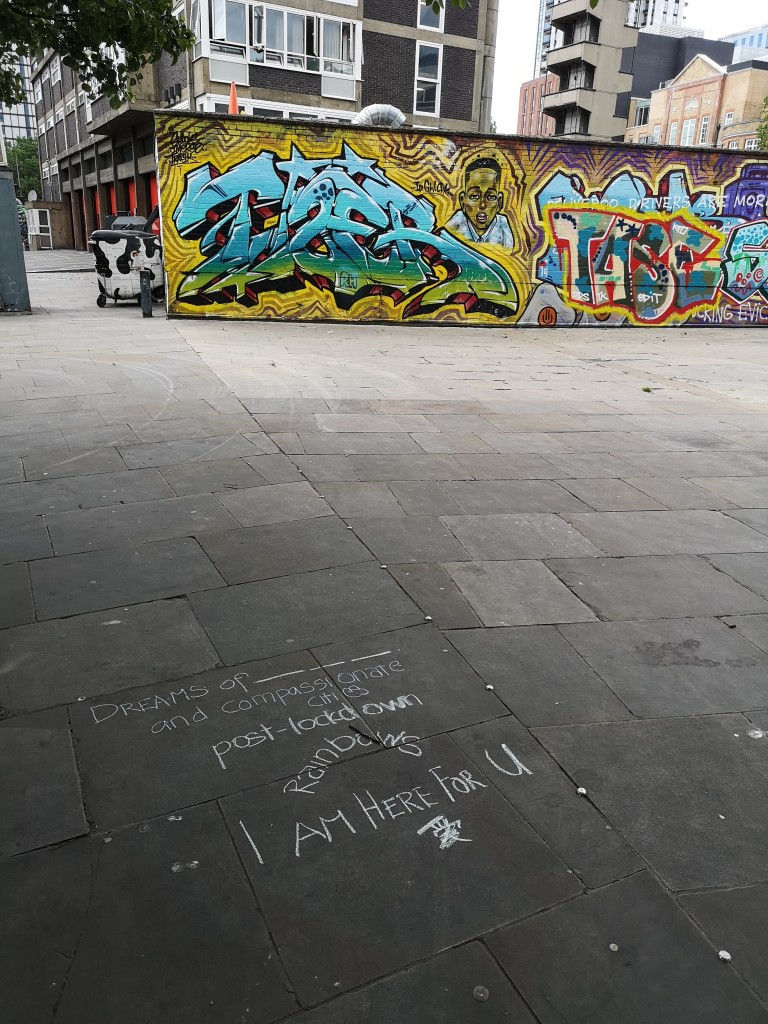
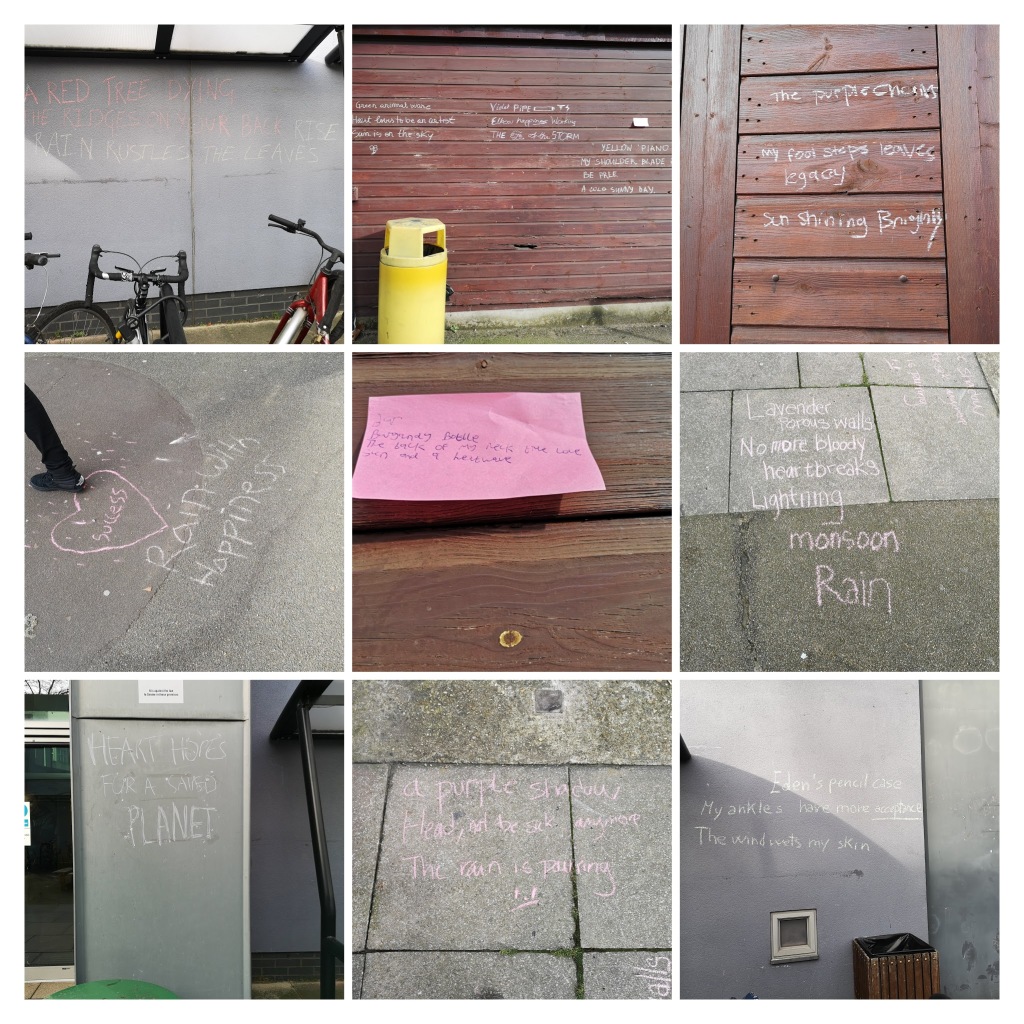

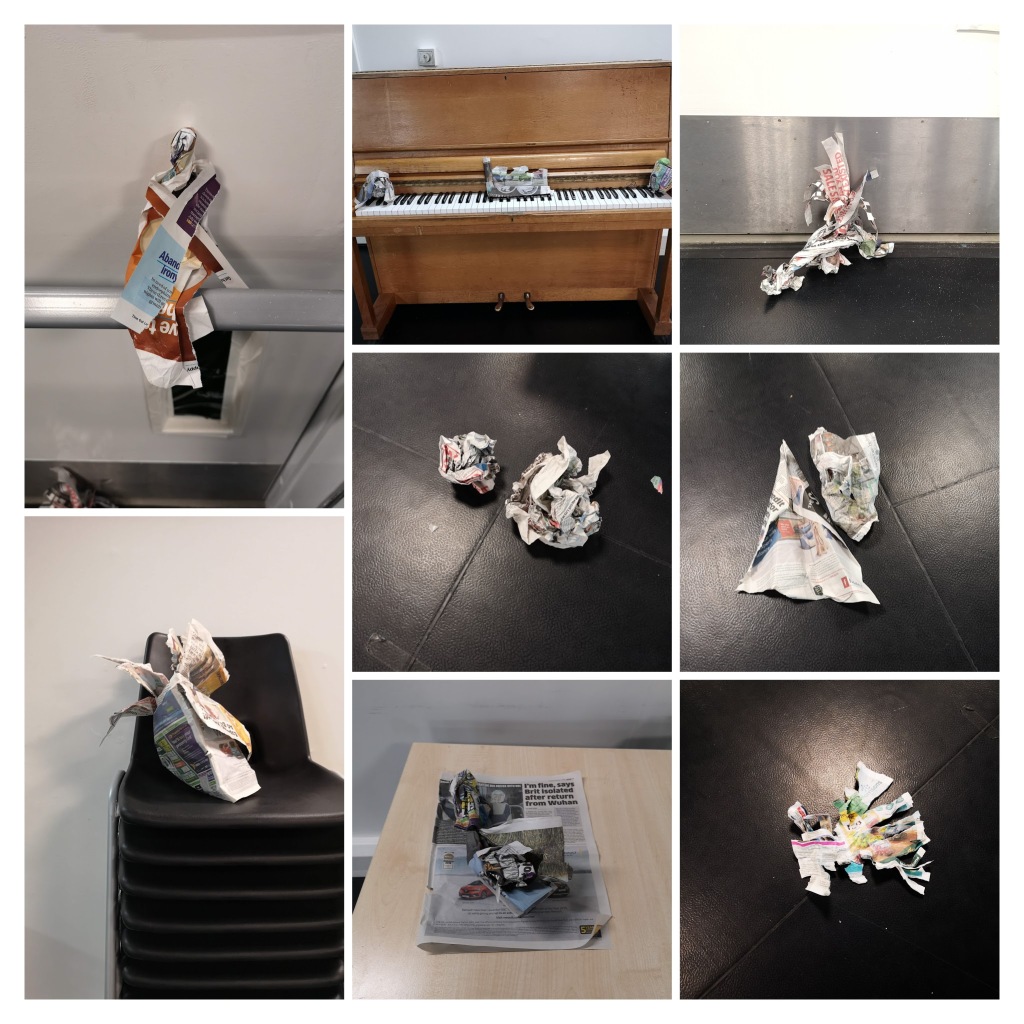

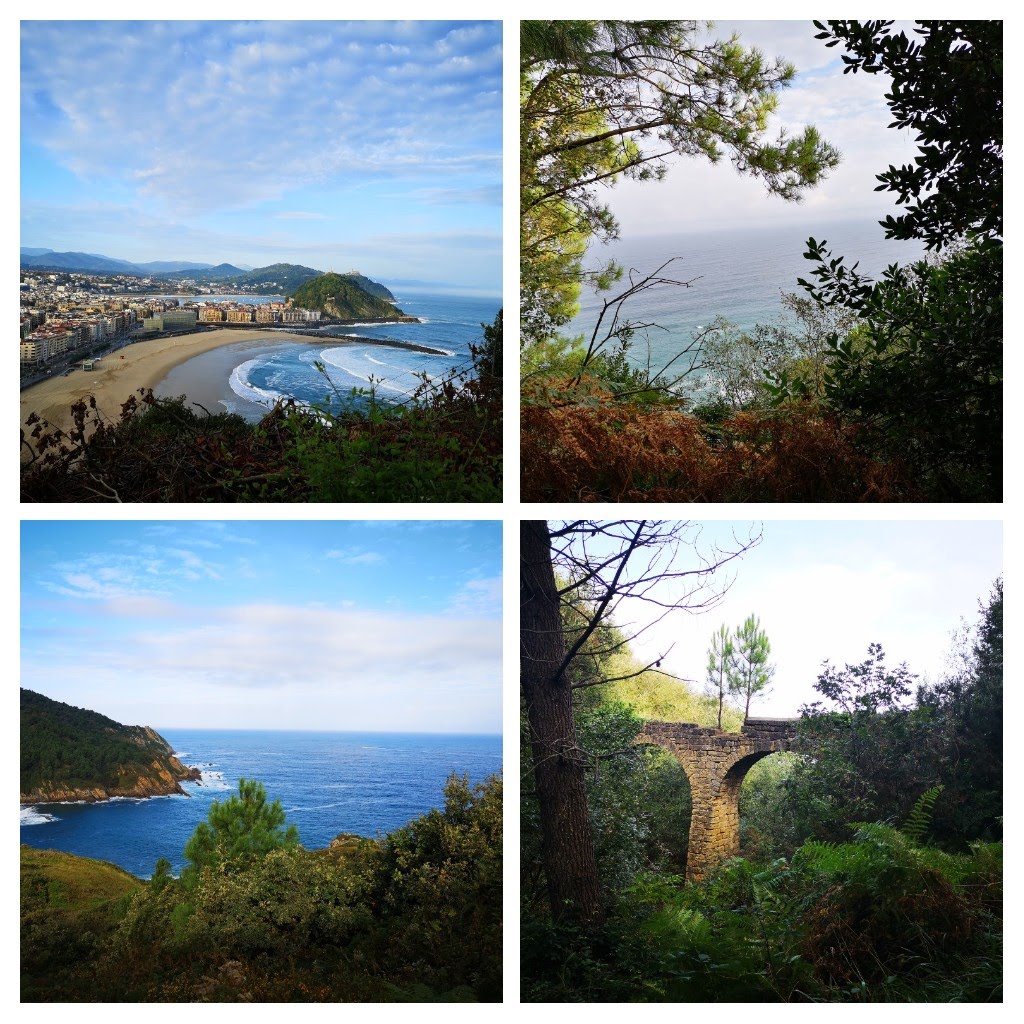 The start of term has been so busy…it’s taken me more than two weeks to properly reflect on turning 40.
The start of term has been so busy…it’s taken me more than two weeks to properly reflect on turning 40.